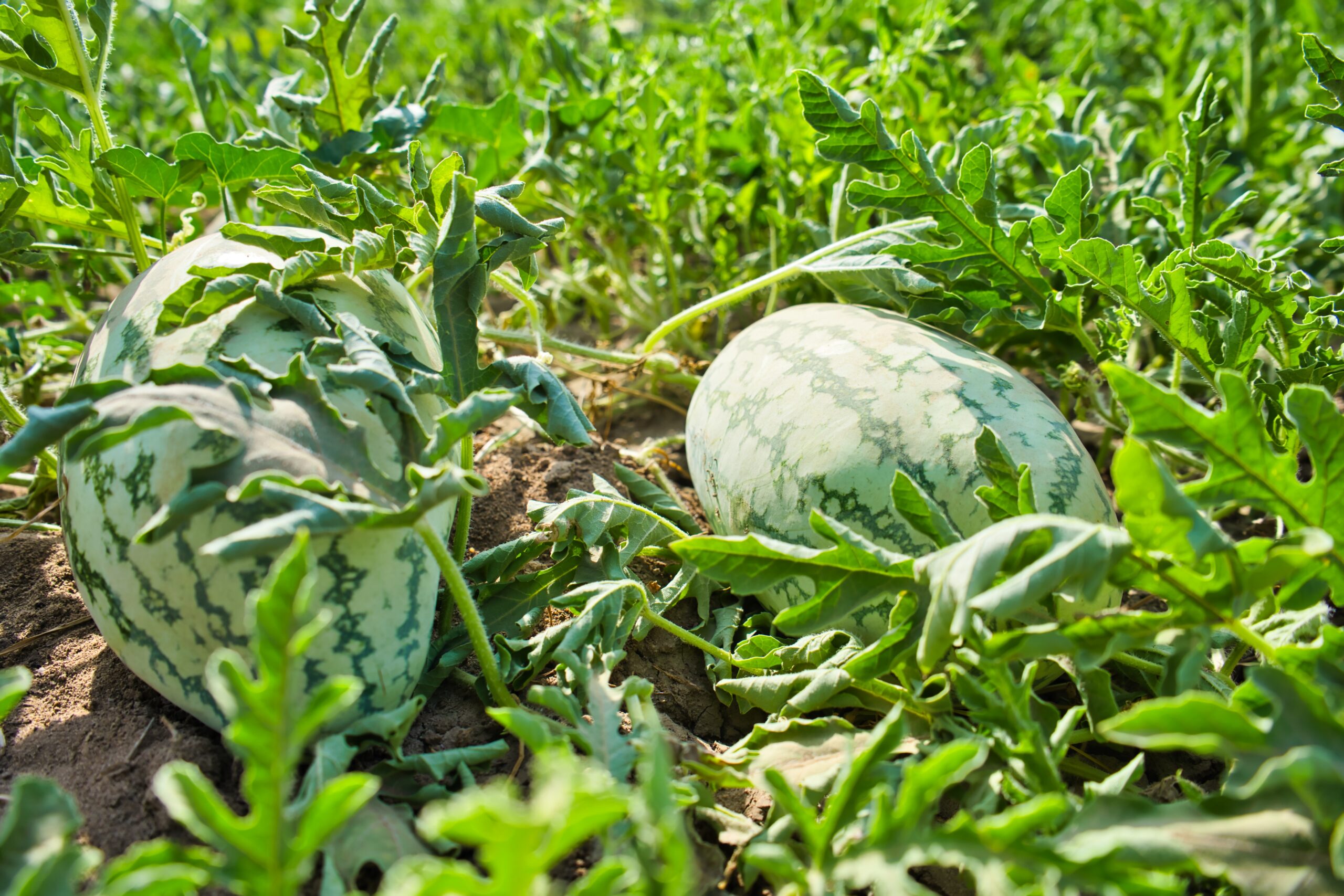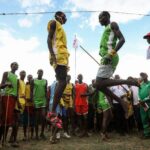An unprecedented multi-season drought has brought threats of starvation in many parts of Kenya. The situation is even worse in Northern parts of the country that have been hit hard leaving the locals helpless as thousands of their livestock die as a result.
Families in this part of the world have been deprived of livelihood even as the majority await aid from the government and non-state actors. The four-year drought punctuated by exceptionally warm air temperatures and increased dryness, has been devastating to the source of income and has produced repetitive and debilitating shocks, particularly to animals and crops as well as water availability.
But not all residents have surrendered their lives to fate. A small community in the Goreale area of Garissa County is trying its hands in farming as a way out of current tribulations. This shift was to a large extent prompted by a borehole project initiated by the World Wide Fund in the area by Nature Kenya (WWF-Kenya) at a cost of about Ksh 10 million.
And indeed, the project funded jointly by WWF-Sweden, WWF-Germany, WWF-UK, WWF Norway, and WWF Denmark is slowly changing the fortunes of the community that now benefits from the water resource.
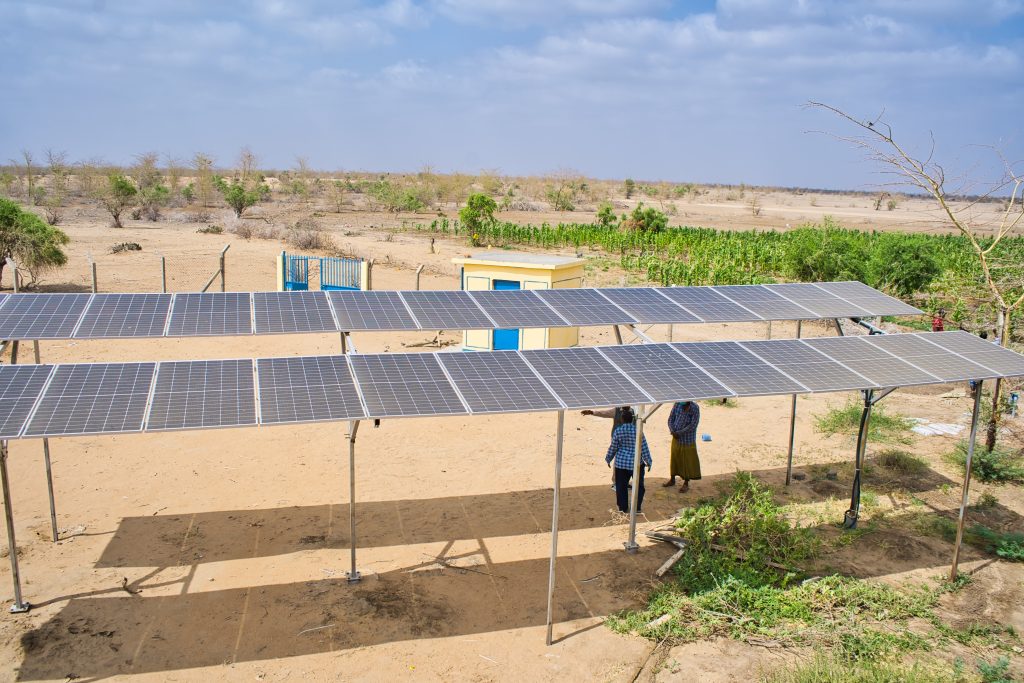
The locals only have good words for the initiators of the project. Community chairperson Abdulahi Mohamed says prior to the project that was completed in July 2022, residents never imagined a day will come when water will be easily available for their use, at least, in their lifetimes and in an arid area.
“The population in the Boreale area is about 300 people but at this point, more than 10,000 community members are benefiting from this borehole to date,” he said.
According to the Chairman, community members used to trek more than 17 kilometers to the nearby Mbaraki borehole to access water. He cites this as one of the major reasons behind the untold suffering faced by young girls and women in the area.
“The girls and women bore the brunt of the lack of water in the community, the girls especially skipped school because the distances were grueling, and even after fetching the water, they would only fetch for domestic use which means that during their periods, they also had to sit out from school,” says Mohamed
“Women in turn were left to fetch and take care of homesteads as the men took out the animals to graze in far-flung areas as they searched for watering pans and water holes,” he avers
And ever since the project was completed, a cheerful Mohamed says even cases of human–wildlife conflicts have tremendously reduced owing to increased volumes of water in circulation both for domestic and wild animals.
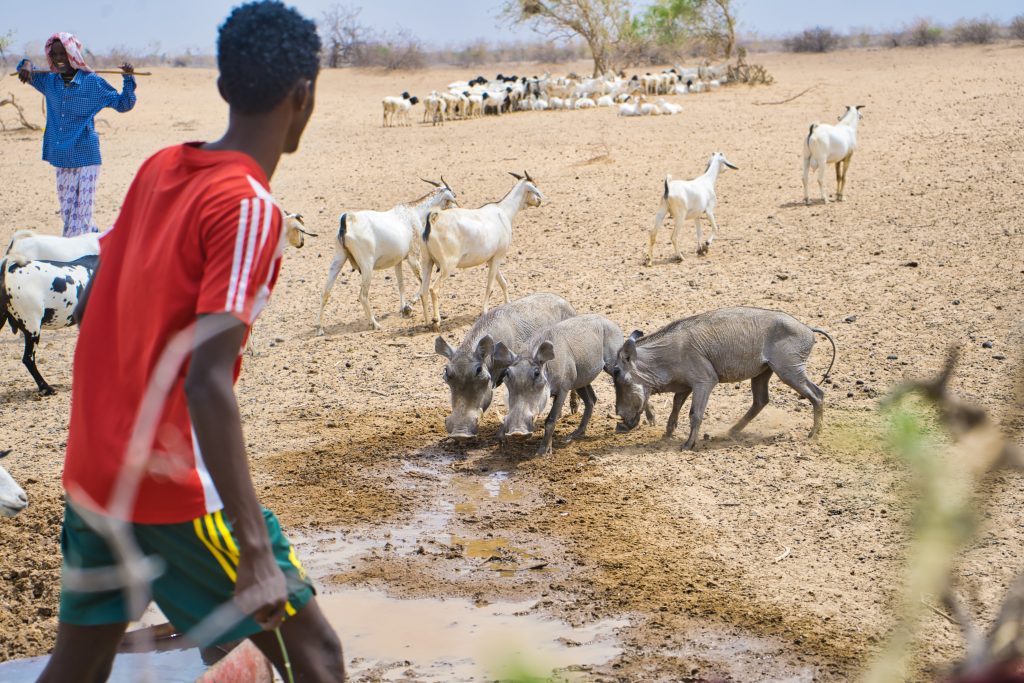
“We now have a new lease of life as the community is now engaging in farming, cases of human-wildlife conflict have reduced and we no longer waste time and resources looking for this crucial resource. The animals’ water at designated times, domestic animals drink during the day while wild animals take free reign at night,” he said.
The chairman acknowledges that the decision by community members to embrace farming will draw good fortune to their livelihoods.
“The people here are now engaging in farming and with this; they have also decided to engage in zero grazing as they seek to improve on their breeds of livestock.” he narrates
Abdi Fatar Ali, an agriculturalist, says all his life he has known Goreale as an arid, dry area. He lauded the move to sink the borehole and expressed confidence that it will positively transform the region for generations to come.
As soon as he saw the project started to take shape, Ali states that he volunteered to teach community members the best farming methods suited to the local conditions.
For instance, he explains that due to the dry soils, he dug up gabions that lead up to different sections of the subdivided land.
“This makes watering the crops easier, we turn on the water at the borehole source and it freely flows into all the sections of the farm,” he said
Taking us on a tour of his farm, Ali observes that so far the community has engaged in watermelon, beans, and maize farming and that crops such as onions and tomatoes will soon be available in their farms.
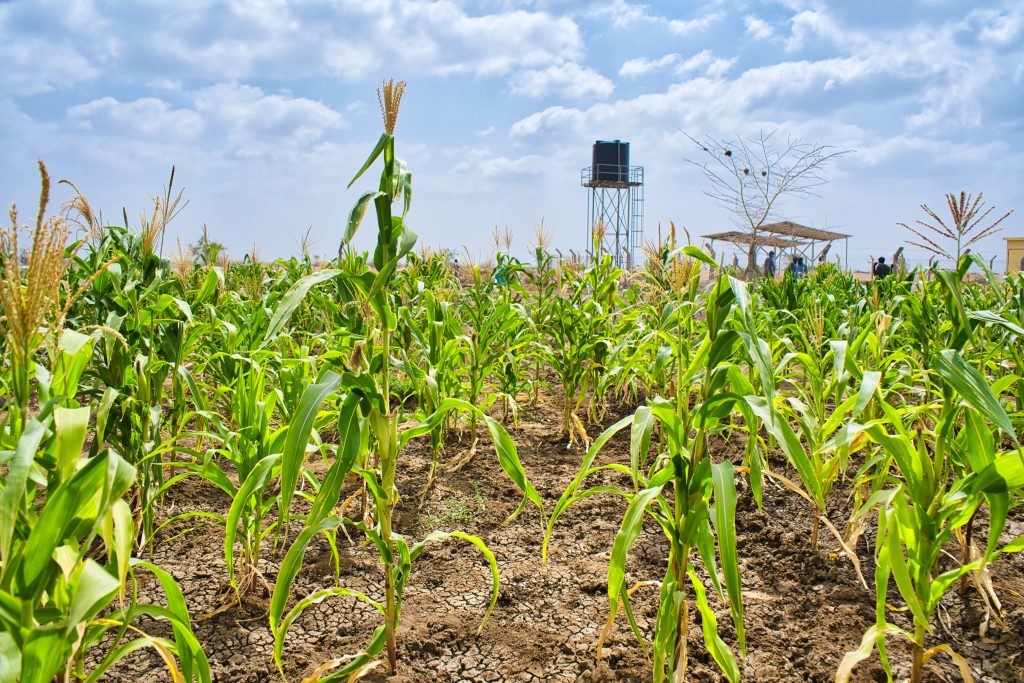
“I take the most pride in knowing that children in the community can see the changes that are happening; they will grow up knowing how to maintain, preserve and utilize the borehole. Farming is also a way of life and is also economically viable,” says the 52-year-old farmer.
On the same farm is Dr. Yusuf Wato, the WWF-Kenya Wildlife Program Manager. He too expressed satisfaction seeing the progress the community members are making.
“A year ago, this land was bare, the community members have now tapped into this resource and even piped water to the neighbouring communities, the land is now lush and productive and will see them gain benefits for years to come,” he said.
And this is not the only project. Dr. Wato says WWF- Kenya provided a water pan at the Bora’ana Conservancy worth Ksh 6 million. The project which is currently 95 percent complete will see more than 5,000 community members benefit from an expected 6 million liters of rainwater to be collected.

